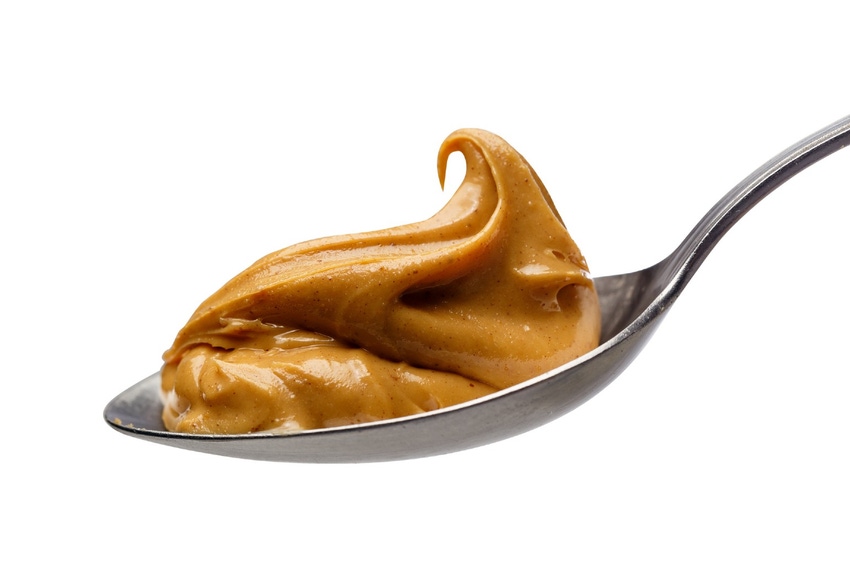
Mark Moore shared a sobering statistic in his luncheon address to the Southern Peanut Growers Conference in Panama City Beach July 16: Every eight seconds a child dies of malnutrition. The encouraging news: People in the peanut industry are willing and able to do something about it.
Moore is co-founder of MANA Nutrition, one of the world’s leading suppliers of Ready to Use Therapeutic Food (RUFT), used to battle severe malnutrition. Moore and his team raised $13 million in 2011 to build MANA’s 30,000 square foot production facility, which has grown to 100,000 square feet and employs more than 60 people in Fitzgerald, Ga. MANA works with partners such as UNICEF, the World Food Program and Doctors without Borders to fight malnutrition in more than 50 countries.
MANA has grown in the last few years, supplying more than $30 million worth of RUTF last year to the United Nations and U.S. government. This spring, they brought a new 10,000 pound per hour roasting operation online and are now building out an additional $20 million in capacity and warehouse expansion at the Port of Savannah.
MANA manufactures a product that Moore describes as essentially the inside of a Reese’s peanut butter cup crammed into a packet the size of an iPhone. The pouch contains peanut butter mixed with vitamins. Importantly, clinical research trials show that the product is 94% effective in battling malnutrition.
Moore, whose son is a Navy Seal, describes peanuts as the “Navy Seals” of food aid because peanuts are so effective and strategic in battling malnutrition.
“If you are severely, acutely malnourished, you’re not hungry; you have ceased to be hungry because of the deficiencies you face. When you cease to be hungry, you’re dying. The hunger push is a gift from God, like a gas gauge that says you need to eat, you need to fuel. It’s not a bad thing; it’s a good thing. We don’t need to end hunger; we need to end people who don’t have access to food,” Moore told the peanut conference.
“Hunger in that way is our friend. But with these kids, who cease to be hungry, we have a chance to save them. They don’t’ need something else. They need peanuts. They don’t’ need the whole world to stop and do something, they just need us to get up and say, ‘here’s a little peanut butter with vitamins and we can save you,’” Moore said.
About the Author(s)
You May Also Like






